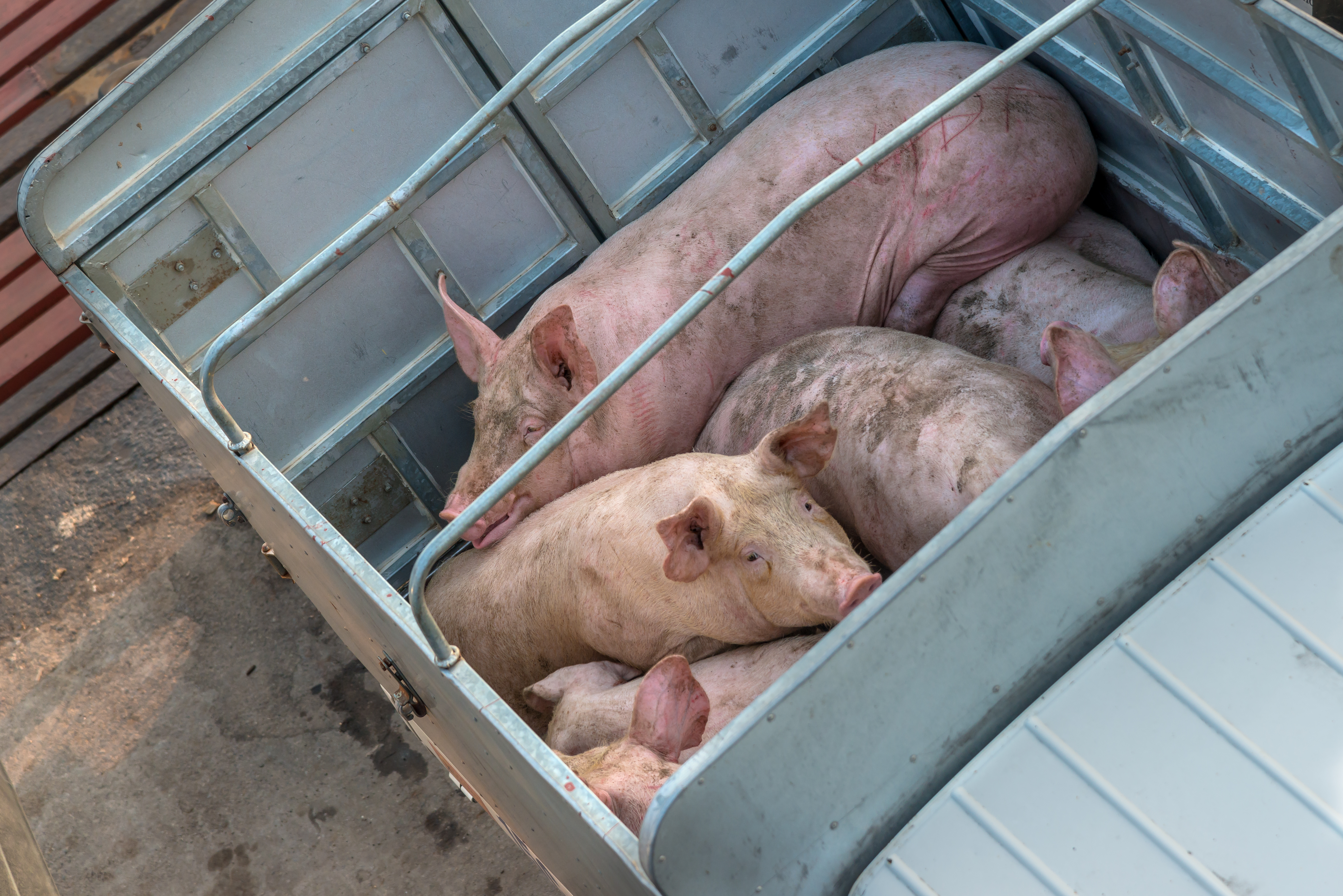



South Korea rivers run red after mass culling of pigs infected with swine fever
Mass slaughter of 47,000 pigs on inter-Korea border sparks concerns from local producers about the spread of the virus through rivers.Local authorities insist that producers should not be concerned that the blood may spread the disease further, saying that the pigs were disinfected before slaughter.
The first confirmed cases of African swine fever were recorded in North Korea in May 2019 and despite biosecurity efforts to prevent the entry of the disease into South Korea, the first cases were confirmed there in September.
Cases have continued to emerge in both regions and the mass culling of around 380,000 pigs in the South has been the primary method for halting further movement of the disease.
Authorities had yet to find the right balance in the response to livestock disease outbreaks, despite repeated experiences in the past, said Woo Hee-jong, veterinary professor at Seoul National University, who spoke to Reuters this week.
They may have "excessively culled pigs to keep the virus from spreading to the southern part where many pig farms are located", Woo said.
Authorities have been rounding up hogs from larger surrounding outbreaks than required, and at times wiping out the herd in an entire region.
Slaughtered animals are buried, with protective plastic laid inside the pit to prevent the seepage of fluid from carcasses. The latest culling operation took place near the inter-Korean border over the weekend and saw the slaughter of 47,000 pigs. But with resources for biosecure disposal running low, thousands of pig carcasses remained in collection trucks before they could be buried.
"There may be other reasons too, but this happened because it was handled in a short time," said Lee Seok-woo, head of Yeoncheon Imjin River Civic Network, which first reported the contamination.

According to the reports by the Yeoncheon Imjin River Civic Network, heavy rains leached blood from the burial sites into local water bodies which sparked concerns from the public and producers alike. The worry was that the bloody could carry the virus far and wide, and lay waste to efforts made in controlling the disease's spread.
Seoul's environment ministry has now reported that the blood has been removed from the river using suction pumps, banks and other facilities to prevent the polluted water from flowing downstream. According to their public statement, the pollution did not affect tap water and that "as of now, there is no blood in the stream".
Local authorities will continue to apply strict biosecurity controls on the production and movement of pigs and pork products.






